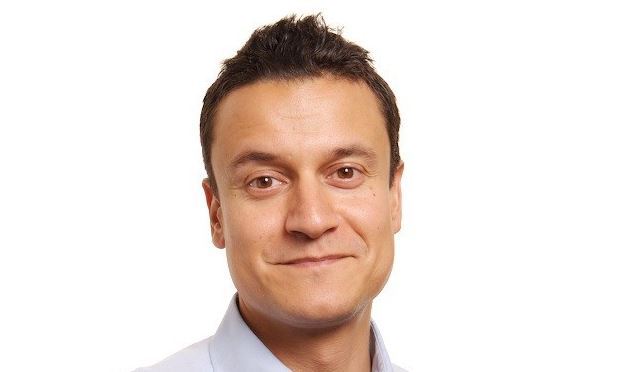All over the world, countless startups come and go. For investors, this means it has become tougher to pick the right one.
According to Moaffak Ahmed, a Finnish serial entrepreneur and early-stage investor, team dynamics usually provide a good gauge in the early days of a startup.
 |
Slush board member Moaffak Ahmed |
“In the very early stage, when there are little or no metrics and evidence about business success, it’s really mostly about the team,” Ahmed said in an email interview with The Investor. “I’m interested in learning about the people, their visions and past experiences, and how they plan to build the business.”
Ahmed is a board member at Slush, one of the largest startup conferences in Europe established in 2008. Entrepreneurs who have taken part include Supercell CEO Ilkka Paananen, Deniel Ek, co-founder of Spotify, and Danae Ringlemann, co-founder of Indiegogo.
Ahmed will feature as a main speaker at Exit Daejeon 2019, a startup conference from Tuesday to Thursday in Daejeon City. More details are available at
www.startup-exit.com.
Following are excerpts from the interview.
Korea Herald: As an early-stage investor, what do you look for in startups? Ahmed: In the very early stage, when there are no or very little metrics and evidence about business success, it is really mostly about the team. I’m interested in learning about the people, their visions and past experiences, and how they plan to build the business.
KH: What do you need in order to become an insightful investor?A: The more you meet entrepreneurs, the more you start to recognize certain characteristics in great entrepreneurs. I guess most successful investors have heard thousands of pitches.
KH: What makes a startup succeed or fail?A: I don’t think there’s one answer. Naturally, the team plays a great role in success, but so does timing and often, just pure luck can have significant impact.
KH: Which region do you think has the most potential to become a startup hub like Silicon Valley?
A: I do not think there will be one major hub to compete with Silicon Valley. Instead, there will probably be many cities and regions that can have a good chance at attracting significant numbers of talented people. In Europe, you have Berlin, London, Stockholm, Helsinki and some others. I’m not an expert of other markets, so cannot say which cities in Asia would have the most potential.
KH: What do you think is the difference between startups in Asia and those in Europe?A: It’s difficult to generalize, as Asia and Europe are both very varied in their own right. You have small countries like Finland and Singapore, and much bigger countries like Germany or Japan. And then we don’t have massive countries like China or India in Europe. So, for instance, a startup from a small country like Estonia must go abroad very early, whereas a startup from a bigger country, say Korea, can stay in the domestic market for a much longer time.
KH: Could you list some of the companies you have invested in so far?A: Oradian, a banking platform for emerging markets, smartly.io, the leading Facebook marketing platform, Small Giant Games, sold to Zynga for $700 million, Pryte, sold to Facebook, Varjo, and AR/VR headset with human eye resolution.
KH: You were once an entrepreneur. What’s your advice for entrepreneur wannabes?A: Read a lot of different kind of stuff and speak to people who think differently from you -- i.e. go beyond your comfort zone to learn about how the world works and people think.
KH: Which job would you recommend young people to have first, investor or entrepreneur?
A: Always entrepreneur first.
KH: What made you decide to start your own business, then move to the investment side?A: I’ve never applied for a job, and I’ve always created my own by starting companies. I’ve never considered any other options. Investing came naturally after working for 20 years as an entrepreneur.
KH: Are entrepreneurs born or bred?A: I guess both are possible. Many people need to gain some experience in regular jobs before starting their own company.
KH: What is the ultimate goal of Slush and what is your personal goal as an investor, or entrepreneur?A: The goal is to help entrepreneurs to succeed by inspiring and guiding them, as well as offering the best networking opportunities. Personally, I want to build companies that make the world a better -- and more fun -- place, by solving real problems.
By Kim Young-won (
wone0102@heraldcorp.com)








